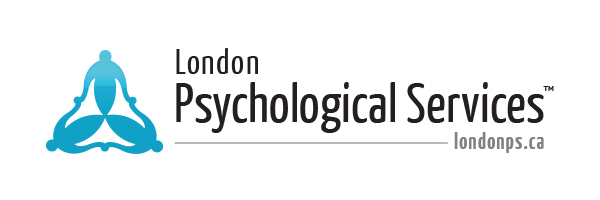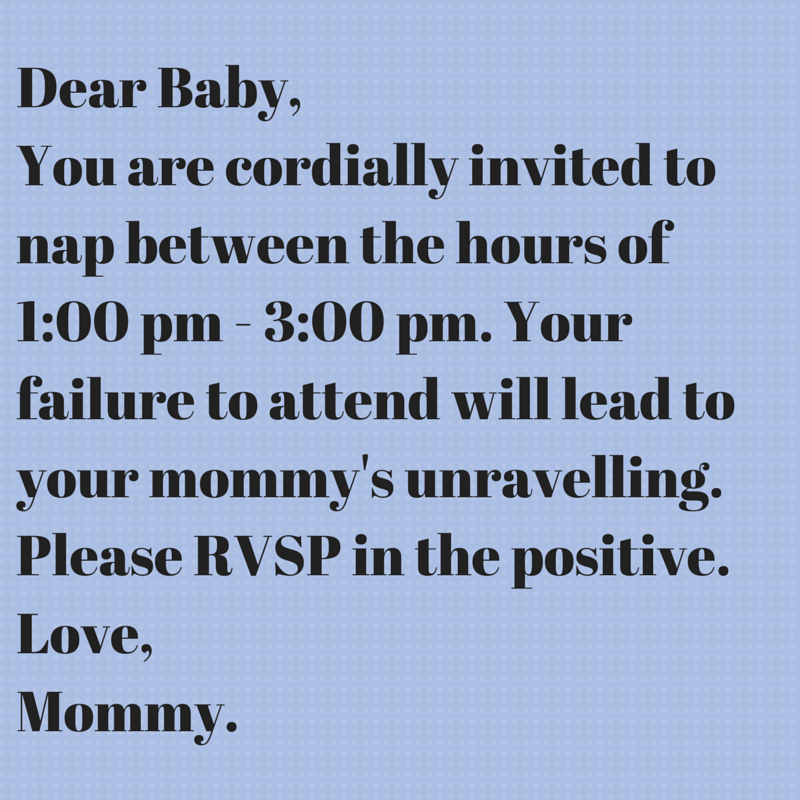Rage.
Anger.
Frustration.
These are not the typical emotions we think of when we think of having a baby. But they happen. They can actually happen for many women. But no one is talking about it, and for lots of good reasons. We don’t want to be judged. We feel that we’re doing something wrong. We’re scared that someone will call child services on us if we admit just how angry we are. We have no idea what is happening to us and it is so freaking scary.
Breathe.
There may be many reasons why you are feeling angry.
1) Lack of sleep. Having a baby automatically means that you are getting way less sleep than you need, every night for months on end. When we are tired we are much more likely to feel irritable, especially when we know there’s no end in sight to the sleeplessness. There may be a few ways to get additional sleep, like sleeping when the baby sleeps or having a partner get up with the baby. However, sometimes it can be so hard to actually implement these strategies depending on your circumstances. Make sleep as much of a priority as you can.
2) Lack of control. Many of the women that I work with in my London, Ontario counselling practice who struggle with anger eventually fess up to one common trait; they like to have control. Pre-baby, they had plans and expectations for their lives. Usually they were able to make things happen when they wanted them to. Know a good way of messing that up? Have a baby. A baby doesn’t care that you have a plan. Sometimes it feels like your baby is actually messing up with your plan on purpose. You’re looking forward to naptime because that is the one chance that you get to sit down and just veg. Your baby has napped at this specific time for weeks. It is the highlight of your day. Boom, your baby is awake, crying and in no mood for a nap today. Hello, anger.
3) Lack of support. After the initial wave of visitors quiets down, having a baby can be quite isolating. Your normal routine is turned upside down, making it difficult to see friends. Going on maternity leave usually means no longer seeing co-workers. It can be really lonely, which then can turn into frustration. Why didn’t anyone tell me that it was going to be like this? Why does my partner get to leave the house everyday and leave me here, all alone? We can start to feel isolated which can lead to anger.
4) Lack of self-care. When you have had a baby, there may be both limited times and resources for things that you previously did as a way to re-energize. You are busy feeding, changing, swaddling, burping, soothing and keeping this other human being alive. Who has time for a yoga class?
5) Lack of your pre-baby identity. During my maternity leave, I would sometimes look in the mirror and be stunned at what I saw. Looking back at me, was this tired, disheveled woman, often wearing a black, spit-up encrusted hoodie. It was hard to imagine that underneath all that still existed the wife, friend, psychologist and much better groomed version of myself. This can be enraging. We work so hard to create a life that works for us, and having a baby can make it feel like it’s all been lost (or at least hidden really well).
While anger can be common and very understandable, we don’t want to be consumed by the anger. It can make us feel so guilty and bad about ourselves. It can steal the joy from a really amazing transition. Sometimes anger can be a symptom of postpartum depression. If you feel that the anger is there too often, or it feels really intense, or it’s impacting your ability to bond your with your baby, please reach out. Let’s tackle the anger head on.





